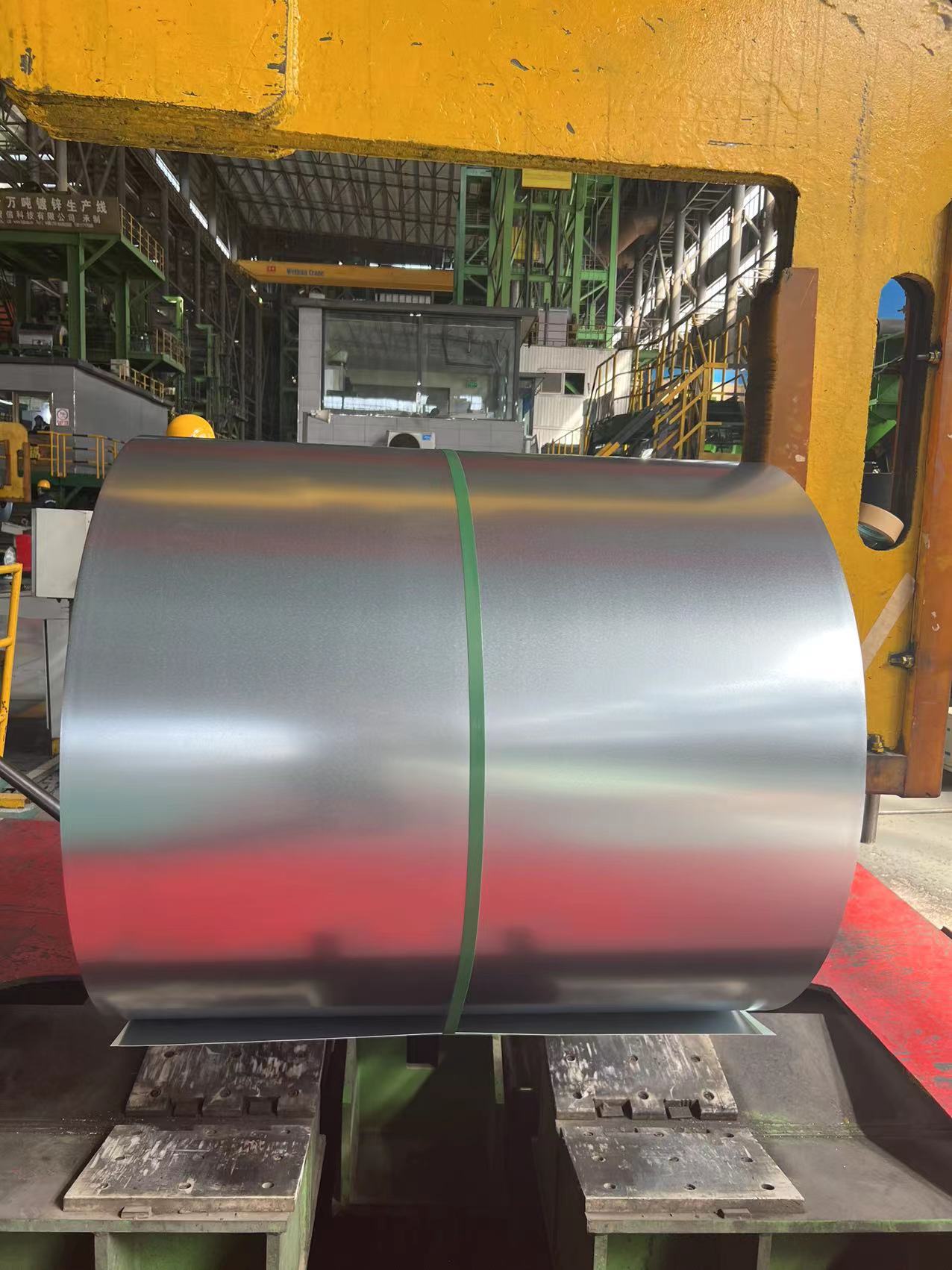
The construction steel markets in ASEAN are facing a slowdown, with China’s weak domestic demand and a weakened yuan likely contributing to an increase in Chinese steel exports. As Chinese domestic demand falters and government support remains low, traders are seeing prices in the region remain depressed, particularly in billet and long products.
Price Adjustments in ASEAN Steel Markets
In Indonesia, a leading steel mill lowered its official prices for 3sp 150mm billets from $465/t fob (on November 29) to $455/t fob, effective from December 4. The mill also reduced its wire rod price by $5/t to $485/t fob, with shipments expected by end-February. Additionally, the slab price was lowered to $455/t fob for January shipment.
In Vietnam, another major steel mill cut its domestic prices for rebar by VND 250/kg ($10/t) and wire rod by VND 200/kg. The mill’s export offer for rebar was $485/t fob, which would cost around $510/t cfr Singapore.
Chinese Steel Export Surge
A regional trader noted that China’s domestic steel demand has been severely impacted due to weak market conditions and lack of governmental support. As a result, Chinese steel exports are expected to rise, with some traders predicting that steel exports from China could reach a historic high, surpassing 110 million tonnes. This marks a significant increase as Chinese mills look to foreign markets to offset low domestic consumption.
Concerns Over Global Steel Market
There are also concerns that the global steel market may worsen in the near future, particularly with Donald Trump set to assume the presidency of the United States. Some regional mill managers fear that his policies could have a negative impact on the world steel market, creating further uncertainty in an already sluggish environment.
As steel prices continue to decline and demand remains low, it’s clear that the ASEAN region will need to adapt to these challenges as Chinese exports continue to shape the global market dynamics.





